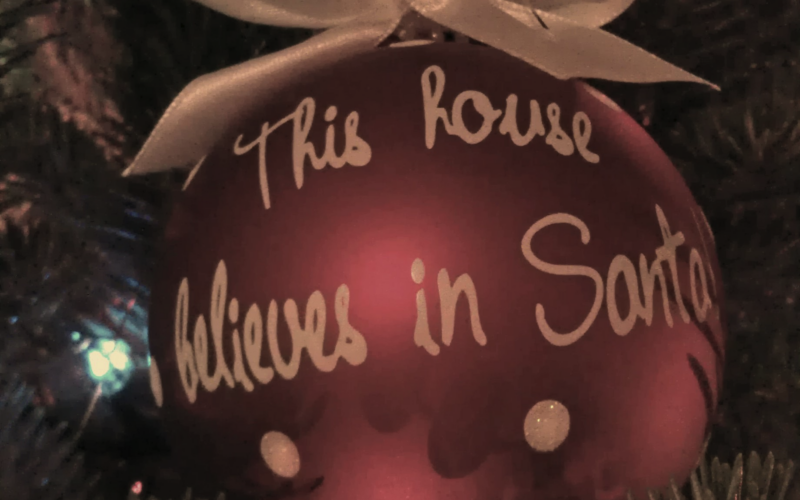A Symbol of the Holidays – by Steph Paige
While in university, I lived in a very multicultural environment, so come the holiday season, there were multiple events in celebration of almost every holiday imaginable. As a result, it wasn’t until my graduation, upon entering the workforce, where I first encountered the debate; the all-serious issue of whether to call it a Christmas tree or a Holiday tree. I immediately jumped on the Holiday tree bandwagon. After all, I don’t subscribe to a particular religion, so not associating a material symbol with a religious holiday did not bother me in the slightest. Furthermore, having grown up in such an environment of learning about and understanding others, I thought the use of a term which was all-encompassing would foster feelings of tolerance and acceptance within a community. I could not have been so wrong.
The debate, which is sparked when one decides to call a tree a Holiday tree, can bring out such fury in people to a point which has even, at times, led me to question if they understand the religious values for which they’re arguing in defense of. Regardless of which side of the debate one may be one, many of those who are so passionate about this are arguing blindly in defense of their own opinion, while not considering the rationale behind other points of view. There is so much more to this debate than religious vs. not religious.
In 2010, I embarked on a journey in which I thought I would see the world. I spent Christmas (the holidays, if you will) in London, England, in an unfurnished flat. The room had nothing in it other than a blanket on the floor and a small dollar store blow up tree. My friend and I sat on our blanket and ate take out Indian food as our Christmas celebration. While it was both an experience and a memory I cherish, it didn’t represent the holidays to me.
As we approach the Christmas season once again and I am home to celebrate it with family and friends, I’m already overwhelmed at how much this time with them is going to mean to me. I’m spending time contemplating what I can get that will mean something to them and touch their heart. I’m planning dinners and surprises, and anything that could help put a smile on the face of someone I love. I’m looking forward to the feelings Christmas instills in me, and doing what small bit I can to maybe help someone else feel the same. It is with this reflection that I have learned the meaning of what a Christmas tree is to me. It is that feeling of walking in my house, or friends’ houses, and smiling at a symbol that brings those feelings out again. It is a symbol of my upbringing, of times of happiness, and memories of spending time with loved ones, some of whom are no longer around. While it does not have any religious significance to me, it represents something else – of being surrounded by loved ones and expressing that love which the chaos-which-is-life doesn’t always allow year round. In this, I have experienced how Christmas can have meaning well beyond the typical religious/materialistic discussion which so often occurs. For all intents and purposes, Christmas, to me, is a feeling, which is almost impossible to convey in writing.
To those who argue it is a holiday tree for anti-religious reasons, and to those who argue it’s a Christmas tree in blind religious fury over alternative views/beliefs, I challenge you this season to step back for a moment, and evaluate where your passion is coming from. Is it in the spirit of love or in the spirit of intolerance? Are you capable of acknowledging that while something can mean so much to you, it may mean something different to someone else?
Over time, I have decided that to me, it is a Christmas tree. To those who also call it a Christmas tree in religious belief which they genuinely hold dear in their heart, more power to you. To those who call it a holiday tree, in the spirit of community and acceptance of all, more power to you as well. Because no matter what we decide to call it, if we find no other common ground other than to all agree it is still a tree, then we have found common ground.
